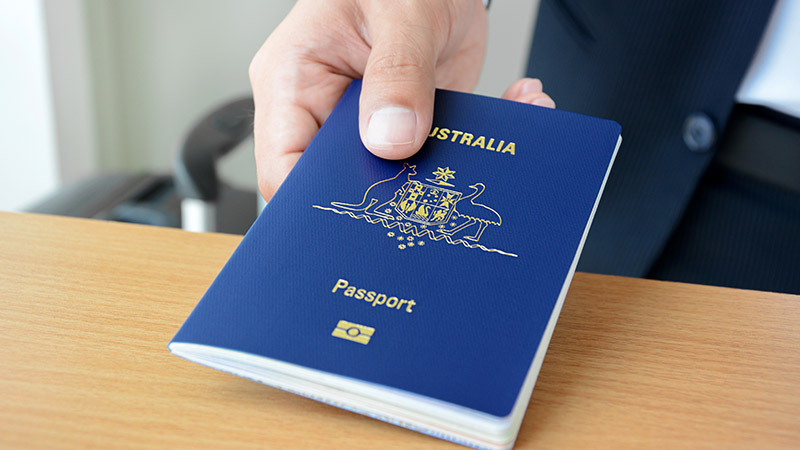COVID-19 creating SMSF residency grey area
Trustees stranded overseas as a result of the COVID-19 pandemic may be prone to being unable to fulfil residency requirements to ensure their SMSFs remain compliant to ATO regulations.
The Australian Taxation Office noted concerns from trustees around what a forced absence overseas as a result of COVID-19 means for their SMSF, particularly if they will be out of Australia for more than two years despite intentions to return home.
In response, the ATO said an SMSF must be an Australian super fund to be a complying fund and receive concessional tax treatment.
Further, SMSFs must meet three residency conditions:
- The fund was established in Australia, or at least one of its assets is located in Australia.
- The central management and control (CM&C) of the fund is ordinarily in Australia.
- The fund either has no active members or it has active members who are Australian residents and who hold at least 50 per cent of:
- the total market value of the fund’s assets attributable to super interests, or
- the sum of the amounts that would be payable to active members if they decided to leave the fund.
The ATO said the second and third conditions are relevant in this case.
“If the individual trustees of an SMSF or directors of its corporate trustee are stranded overseas due to COVID-19, in the absence of any other changes in the SMSF or the trustees’ circumstances affecting the other conditions, we will not apply compliance resources to determine whether the SMSF meets the relevant residency conditions,” the ATO said.
Smarter SMSF chief executive Aaron Dunn said it is important to remember that in determining the CM&C issue, the income tax laws look at the intention of the individuals in determining whether a period of absence is temporary or not.
Mr Dunn used an example of Joseph and Marian to demonstrate a situation where the ATO is unlikely to allocate compliance resources to the matter:
Joseph was seconded to work in the London office of his employer for two years and was accompanied by his wife, Marian. He started this secondment on 10 April 2018.
It was Joseph’s intention to return to Australia within the next month; however, due to additional COVID-19 travel restrictions, he is unable to return home.
During this time of absence, Joseph and Marian have not established a home outside of Australia during this period of absence and have maintained bank accounts, private health cover and more in Australia, including having travelled back for Christmas in 2019. During this time, as trustees of their SMSF, the CM&C was exercised at trustee meetings in London.
As a result, the CM&C remains ordinarily in Australia, regardless of the fact that Joseph and Marian’s time in London will likely extend beyond two years.
However, Mr Dunn noted a key difference in how the ATO might apply resources would be where Joseph and Marian’s intention changes and they abandon their intentions to return to Australia.
“This may be because the role back in Australia may no longer exist or has been significantly altered since leaving,” he said.
“It is the intention change that immediately restates that the CM&C no longer resides in Australia.”

Adrian Flores
Adrian Flores is the deputy editor of SMSF Adviser. Before that, he was the features editor for ifa (Independent Financial Adviser), InvestorDaily, Risk Adviser, Fintech Business and Adviser Innovation.
You can email Adrian at [email protected].


